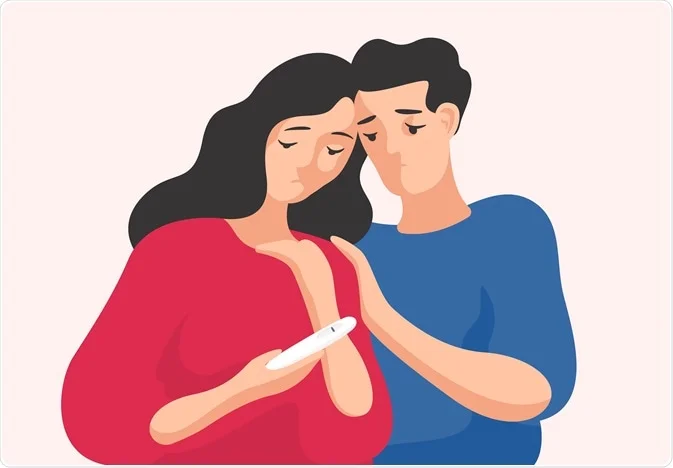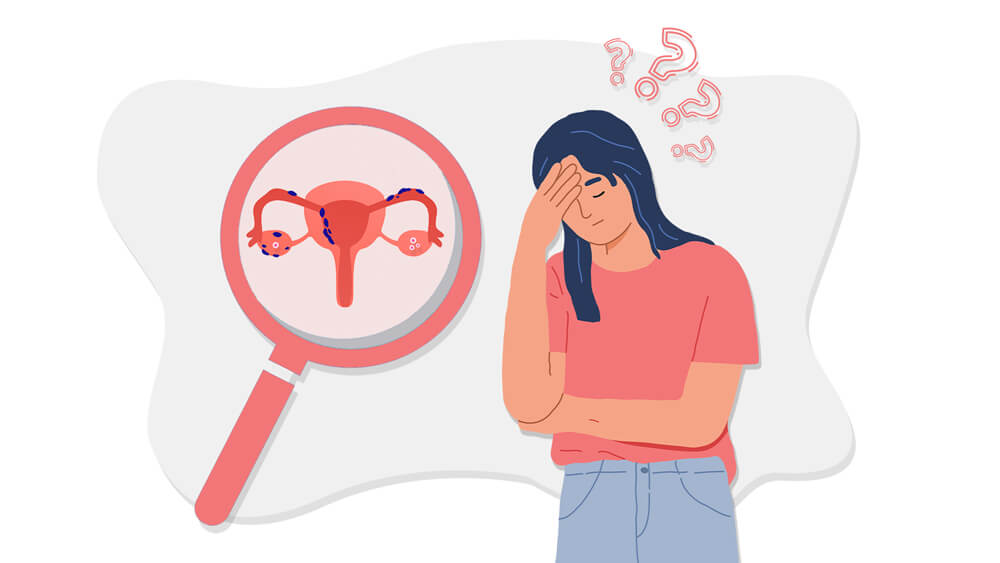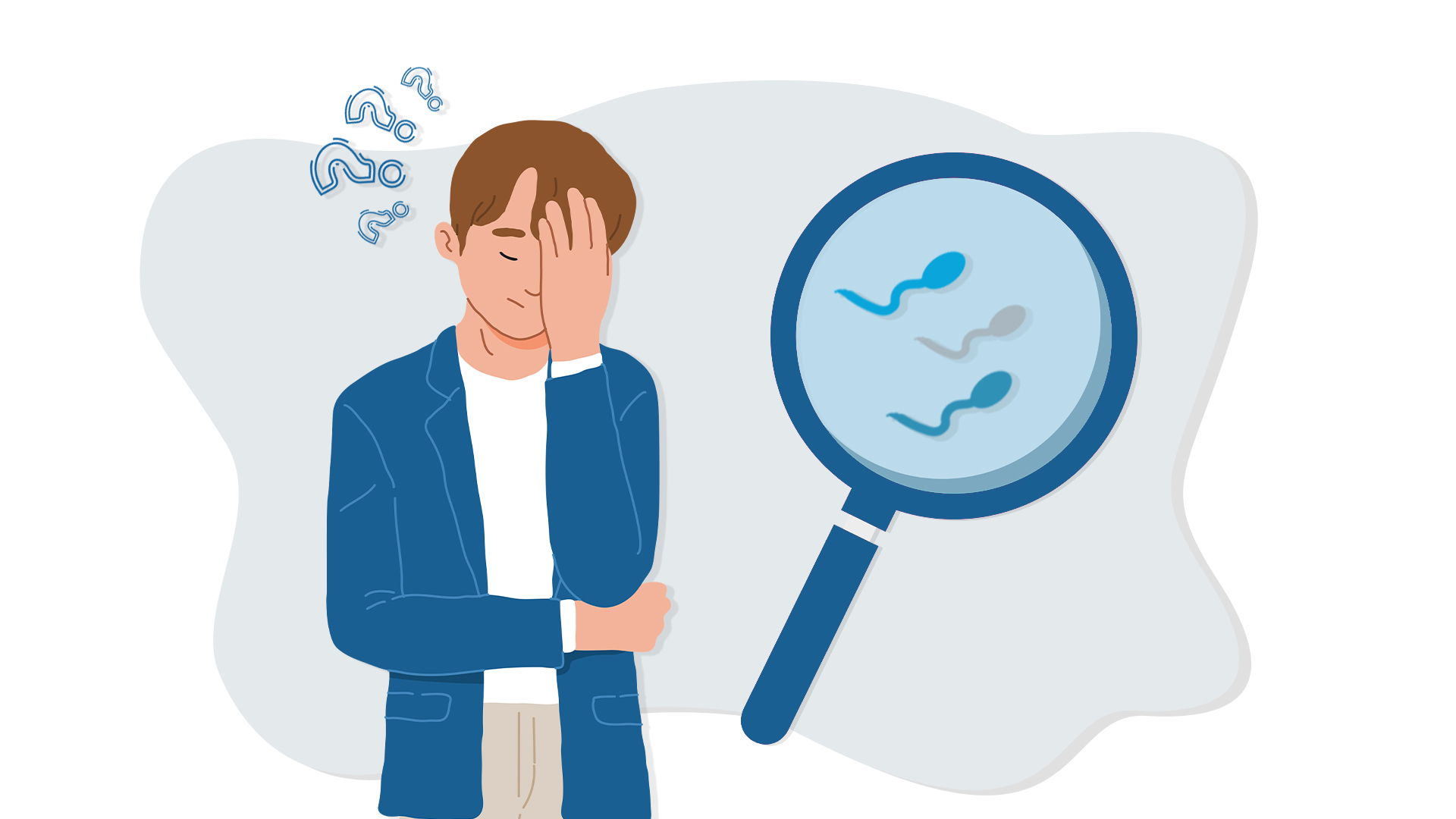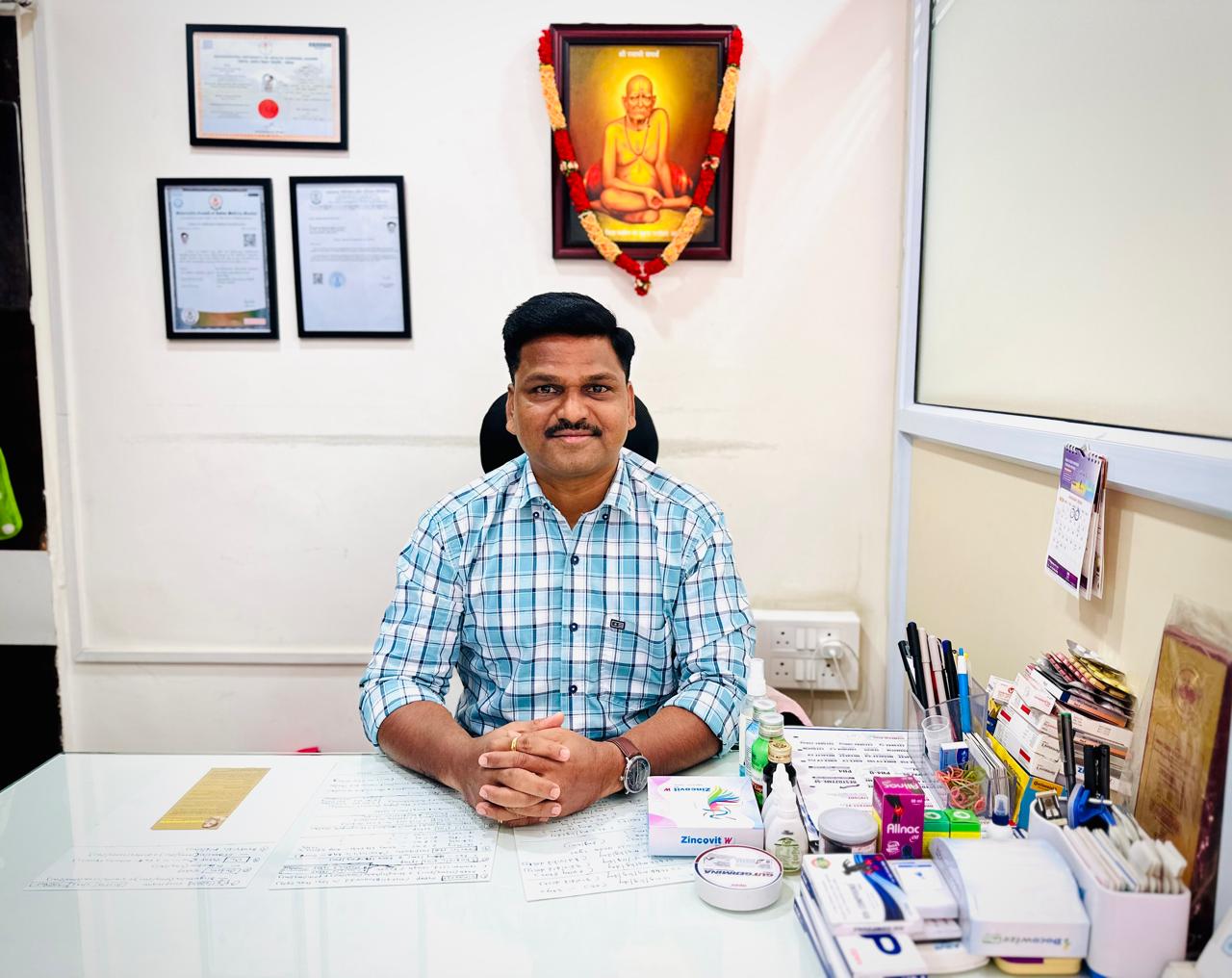Introduction

Infertility is a deeply personal and often challenging issue that affects many couples worldwide. Defined as the inability to conceive after one year of regular, unprotected intercourse, infertility can be caused by various factors affecting either partner. As Dr. Vinayak Shinde, MS Obstetrics, and a PhD scholar with expertise in both allopathic and Ayurvedic treatments, I aim to provide comprehensive insights into infertility, its causes, diagnosis, and treatment options to help couples navigate their journey toward parenthood.
Infertility can be categorized into two types:
1. Primary Infertility: When a couple has never been able to conceive.
2. Secondary Infertility: When a couple has previously conceived but is unable to do so again.
Causes of Infertility
Infertility can stem from issues in either partner or a combination of both. Here are common causes:
- Ovulation Disorders: Polycystic Ovary Syndrome (PCOS), hormonal imbalances, thyroid issues.
- Fallopian Tube Damage: Caused by pelvic inflammatory disease, endometriosis, or previous surgeries.
- Uterine or Cervical Issues: Fibroids, polyps, abnormalities in the uterus.
- Age: Decreased fertility with advancing age due to a decline in the number and quality of eggs.

- Sperm Production Problems: Low sperm count, poor motility, abnormal sperm shape.
- Blockages: Obstructions in the ducts that carry sperm.
- Ejaculation Issues: Retrograde ejaculation, where semen enters the bladder instead of exiting through the penis.
- Hormonal Imbalances: Low testosterone levels, other hormonal disorders.

3. Combined Factors: Both partners may have subfertility issues that together cause infertility.
4. Unexplained Infertility: In some cases, no specific cause can be identified.
Diagnosis of Infertility
Diagnosing infertility involves a series of tests and examinations for both partners:
- Medical History and Physical Examination: Reviewing menstrual cycle, sexual history, and overall health.
- Ovulation Testing: Blood tests to check hormone levels and ovulation.
- Imaging Tests: Ultrasound to examine the ovaries and uterus.
- Hysterosalpingography (HSG): X-ray to check the fallopian tubes and uterine cavity.
- Laparoscopy: Minimally invasive surgery to view the pelvic organs.
- Medical History and Physical Examination: Reviewing sexual history, lifestyle factors, and overall health.
- Semen Analysis: Examining sperm count, motility, and morphology.
- Hormone Testing: Blood tests to check hormone levels affecting sperm production.
- Genetic Testing: Identifying potential genetic causes of infertility.
Allopathic Treatment Approaches for Infertility
1. Medications:
- Clomiphene Citrate: Stimulates ovulation in women with ovulation disorders.
- Gonadotropins: Hormones that stimulate the ovaries to produce multiple eggs.
- Metformin: Used for women with PCOS to improve insulin resistance and ovulation.
- Hormone Replacement Therapy: For men with hormonal imbalances.
2. Surgical Options:
- Laparoscopy: To remove endometriosis, fibroids, or adhesions.
- Hysteroscopy: To correct uterine abnormalities such as polyps or fibroids.
- Varicocele Repair: Surgery to correct varicose veins in the scrotum that may affect sperm production.
3. Assisted Reproductive Technologies (ART):
- Intrauterine Insemination (IUI): Sperm is placed directly into the uterus during ovulation.
- In Vitro Fertilization (IVF): Eggs are retrieved, fertilized in a lab, and the resulting embryos are transferred to the uterus.
- Intracytoplasmic Sperm Injection (ICSI): A single sperm is injected directly into an egg during IVF.
Ayurvedic Treatment Approaches for Infertility
Ayurveda offers holistic treatments focusing on balancing the body's doshas (Vata, Pitta, and Kapha) and enhancing overall reproductive health:
1. Herbal Remedies:
- Ashwagandha: Enhances sperm count and motility, reduces stress.
- Shatavari: Improves fertility, regulates menstrual cycles, and supports hormonal balance.
- Gokshura: Enhances libido and improves sperm quality.
- Aloe Vera: Supports uterine health and regularizes menstrual cycles.
2. Dietary and Lifestyle Changes:
- Balanced Diet: Emphasizing fresh fruits, vegetables, whole grains, and healthy fats.
- Hydration: Drinking plenty of water to maintain optimal health.
- Regular Exercise: Moderate physical activity to maintain a healthy weight and reduce stress.
3. Panchakarma:
- A detoxification process to cleanse the body, balance the doshas, and improve overall health. It includes therapies like Vamana (emesis), Virechana (purgation), and Basti (enema).
4. Yoga and Meditation:
- Specific yoga poses and breathing exercises to reduce stress, improve blood flow to the reproductive organs, and enhance overall well-being.
Integrative Approach to Infertility
Combining allopathic and Ayurvedic treatments can offer a comprehensive approach to managing infertility. For instance, while allopathic treatments can provide targeted interventions, Ayurvedic treatments can support overall health and well-being, addressing underlying imbalances and promoting long-term reproductive health.
Conclusion
Infertility can be a challenging journey, but understanding the causes, diagnosis, and treatment options can empower couples to take control of their reproductive health. As Dr. Vinayak Shinde, my mission is to guide and support couples through their journey toward parenthood, offering personalized, integrative treatment plans that encompass both allopathic and Ayurvedic approaches.
For personalized advice and treatment plans, feel free to contact our clinic, Stree Aarogyam, in Pune. Let's work together towards achieving your dream of parenthood.
Contact Information

Dr. Vinayak Shinde, MS Obstetrics, PhD Scholar
Stree Aarogyam Clinic, Pune
Email: info@streeaarogyam.in
Phone: +91 9890765835
Website: www.streeaarogyam.in